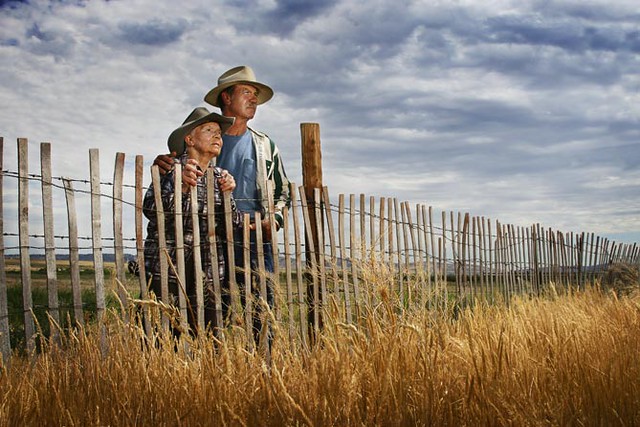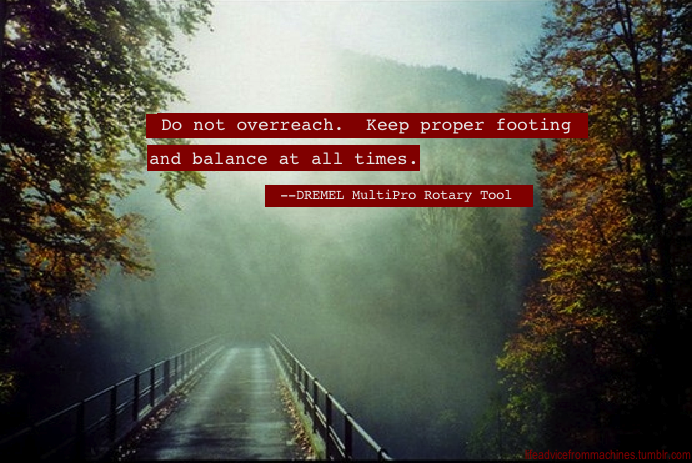 |
| "You used to think that it was so easy You used to say that it was so easy But you're tryin' You're tryin' now" - "Baker St." |
Stat: in 2013, the activation rate for new mobile devices outpaced the birth rate.
You can't read on a handset. If the bulk of mobiles are handsets, the bulk of people aren't reading.
Writing is an arcane niche, like crochet. So, too, is reading: relegated to the few that care to learn. For everyone else there's YouTube and oversized fonts.
iPads and tablets? They're our new cash registers. (Android is also a surveillance network).
Google is going to kill Blogger as a web service.
So what will writers/bloggers do?
One idea - automate our writing/posting as eBooks. Post them on Amazon/iTunes/PLAY for a fee (this is critical - Amazoogle can't make money on 'free' anymore).
Our readership will drop, but the few that remain will pay. This will force (hopefully) a change in writing style/tone/topic. Maybe we'll get a lot better (and make more money than via AdSense).
Maybe we'll give up.
Thought experiment: There are ten thousand people in the world that would spend $1 a month on our blog, netting $120k/yr (gross) income. What circumstances best affect this outcome?
1) That 10k need to know about us,
2) That 10k need a way to pay us,
3) that 10k need to be able to read/listen to our creativity, which means
3a) a reader device/app with enabled purchasing, and/or
3b) an account with reseller (Amazon, iTunes, etc), and/or
3c) a web browser/pc/laptop, which means..
3ci) stationary, sedentary activity (reading), most likely indoors
3cii) prone to easy distraction (low priority activity)
4) that 10k need the time, too
These are high barriers to entry, and most people who've made the upfront investment in technology and access have little patience for paying for content (even premium). I don't think this is the best arrangement, but I also think it will be very temporary.
I don't know what comes next.
-------
Update: a friend sends me a link about an eBook platform:
Writers price their Snippets between 99 cents and $4.99, and receive 50 percent of sales. Writers pay $99 per Snippet to get their piece on the platform.Indeed.
The expectation is that readers will appreciate a platform that pares down and organizes only the best content.


